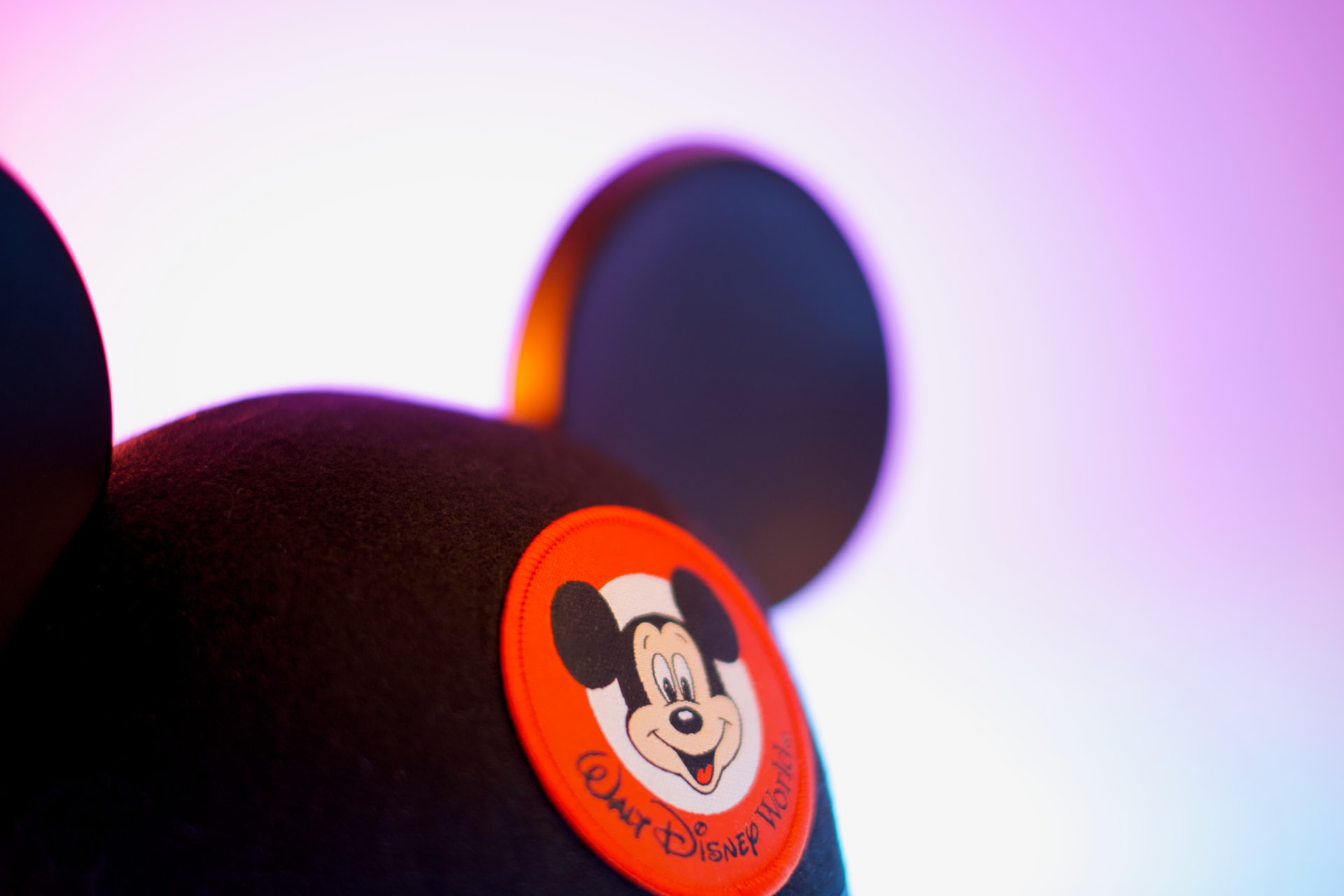Entertainment
Disney Suffers Massive $900 Million Loss on Recent Movie Releases, Report Reveals

Knowledge Nuggets:
- Disney has reportedly suffered a substantial loss of around $900 million on its last eight movie releases, according to financial analyst Valiant Renegade.
- The movies, which include titles like “Black Panther: Wakanda Forever” and “The Little Mermaid,” are not drawing in audiences as previous films did, leading to a drop in box office earnings despite high production costs.
- Disney’s decision to not license its films to major streaming services like Netflix and Amazon resulted in an opportunity cost estimated at one billion dollars, adding to the company’s financial woes.
Disney, a titan in the entertainment industry, is reportedly bleeding out at the box office.
A financial analyst specializing in Hollywood has disclosed that the company has suffered a staggering loss of around $900 million on its last eight movie releases over the past year.
The analyst, known as Valiant Renegade, conducted a thorough review of Disney’s recent films, including “Lightyear”, “Thor: Love and Thunder”, “Strange World”, “Black Panther: Wakanda Forever”, “Antman and The Wasp: Quantumania”, “Guardians of the Galaxy: Volume 3”, “Elemental”, and “The Little Mermaid.”
“The Little Mermaid” and “Elemental” are still being screened in theaters.
According to Renegade’s analysis, the sharp dip in Disney’s profits is a result of two significant issues.
First, the films that the company is releasing are not attracting the same audiences they used to. Renegade pointed out that Disney’s content is not resonating with viewers as it had previously.
His detailed examination, based on publicly available information and expert assessments, revealed that Disney spent a total of $2.75 billion on the production of these eight films.
However, the revenues earned domestically and internationally from box offices amounted to just $1.86 billion, leading to an estimated loss of around $890 million.
Renegade did highlight that the distribution rights to “Avatar: The Way of Water” held by Disney may have compensated for some of the losses incurred by the other eight films.
Still, he suggested that the lion’s share of the film’s revenues likely went to James Cameron’s own studio.
Moreover, Disney’s decision not to license its movies to streaming giants like Netflix or Amazon represented an opportunity cost of an estimated one billion dollars.
Renegade ended his report by noting that while the company has been able to finance these films through profits from other ventures like theme parks and resorts, such a business model is unsustainable in the long term.
Clear Thoughts
Disney’s recent box office performance illustrates the unpredictable nature of the film industry and underscores the need for companies to continually innovate and adapt to shifting viewer preferences.
The magic of Disney, it seems, is being tested.

EUGENE ORMOND
July 4, 2023 at 6:55 am
go woke Go broke
Rat Wrangler
July 4, 2023 at 7:34 am
Movies released 10 years ago that targeted an audience around 12 years of age may not appeal to the same age group now. People change, and the children of today have different views than their age group even a few years earlier. Disney needs to make an attempt to find out what their target audiences want and present that, rather than pushing any sort of agenda they think parents want for their children. From a social and political viewpoint, the 1960s were a rather tumultuous time in the US, but if you look at all the Disney movies released in that decade, none of them even obliquely touched upon the issues. Many of those movies were very successful. Was this because they were politically neutral, or in spite of it?
1PatriotForver
July 4, 2023 at 1:09 pm
GOOD – WELL DESERVED Retribution
Koaa Golden
July 5, 2023 at 7:07 pm
Disney was about story telling for kids and they were excellent at it. Now they’re about Social consciousness and change, pushing a narrative, thinking their size allows them to throw their corporate weight around. They went from listening to their audience, the PARENTS of the kids, to thinking “we’re Disney, we know better.” They are no longer Customer driven, they are trying to drive the Customer. I know very few Companies that survive for long when they stop listening to their Customers.